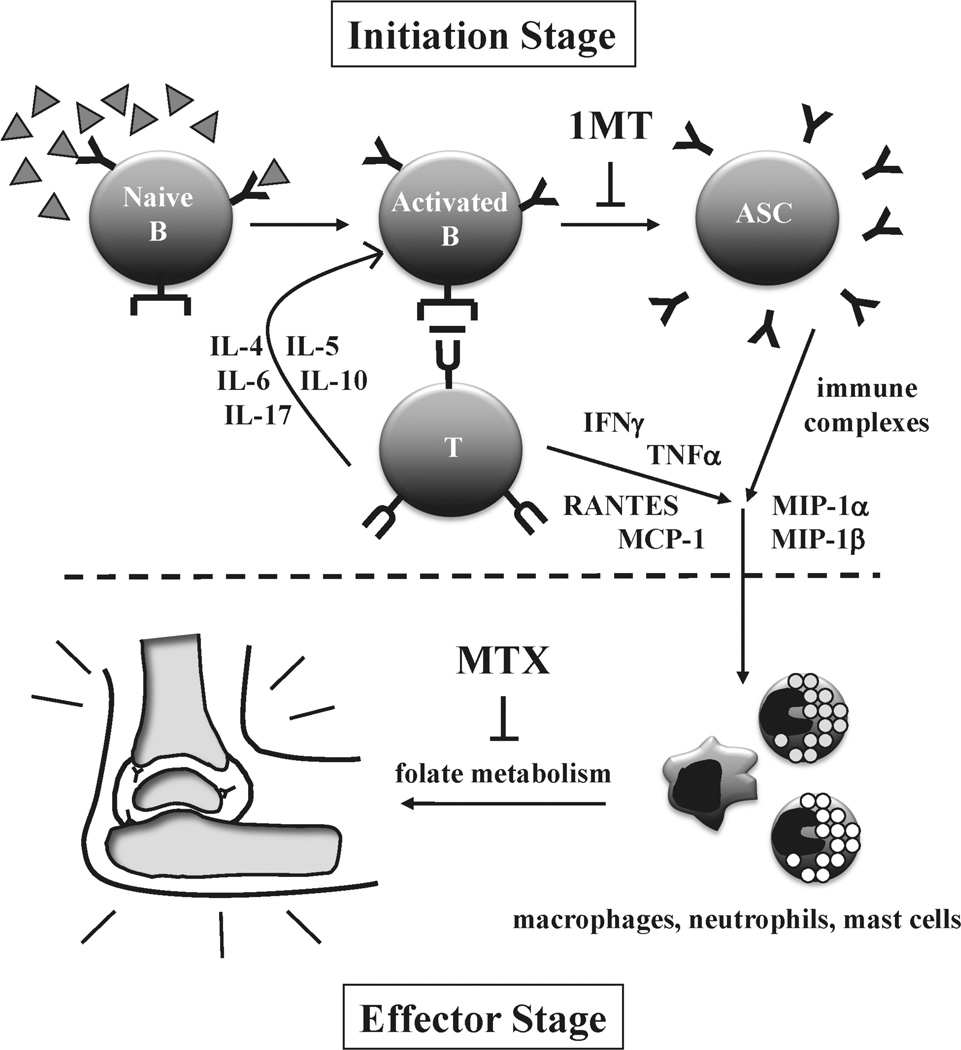Figure 6. Impact of 1MT and MTX on autoimmune response leading to arthritis.
Arthritis in the K/BxN model can be divided into two stages (1) an initiation stage that is dependent on autoreactive B and T cells and (2) an effector stage that is triggered by immune complexes and inflammatory cytokines and dependent on macrophages, mast cells, and neutrophils. 1MT treatment impacts the initiation stage by inhibiting the differentiation of autoreactive B cells into antibody secreting cells (ASCs) and reducing the levels of several T helper and inflammatory cytokines. In contrast, MTX treatment, through a folate-dependent mechanism, primarily affects the effector stage. By targeting both the initiation and effector stages of the response, cotreatment with 1MT and MTX is more effective than either agent alone at delaying the onset and alleviating the severity of joint inflammation.

